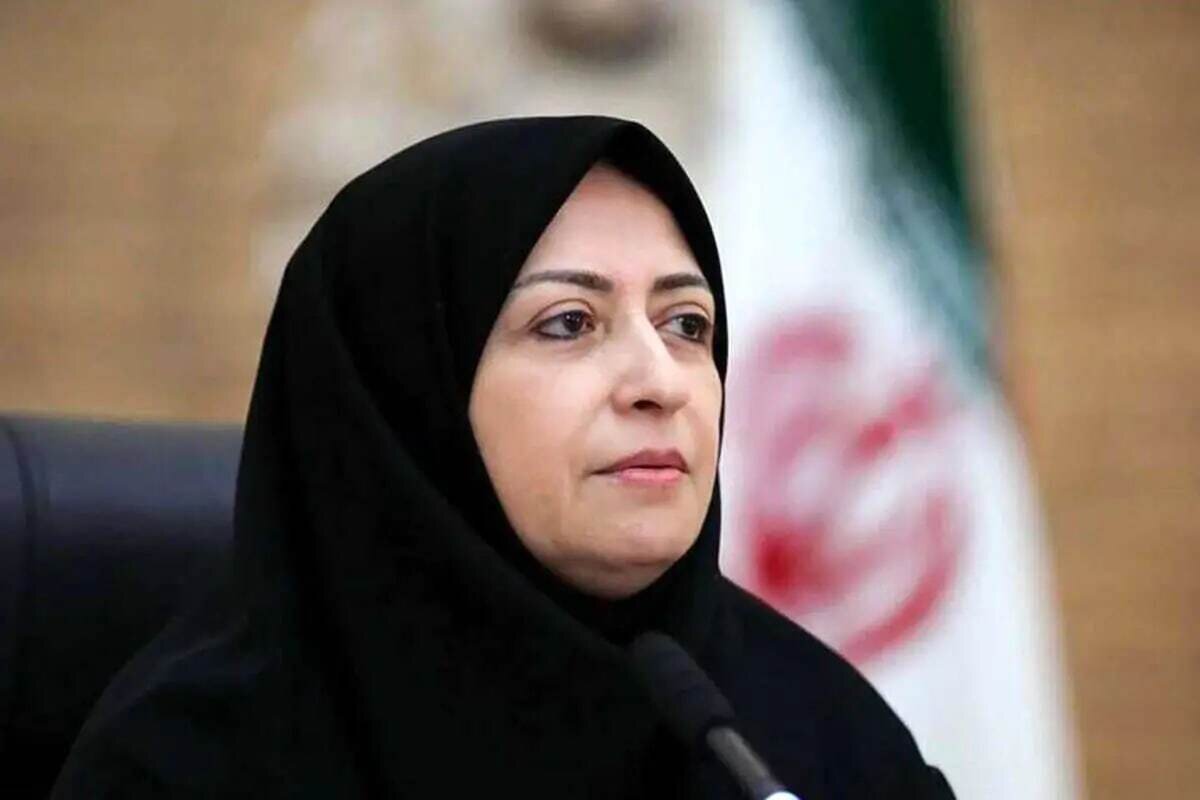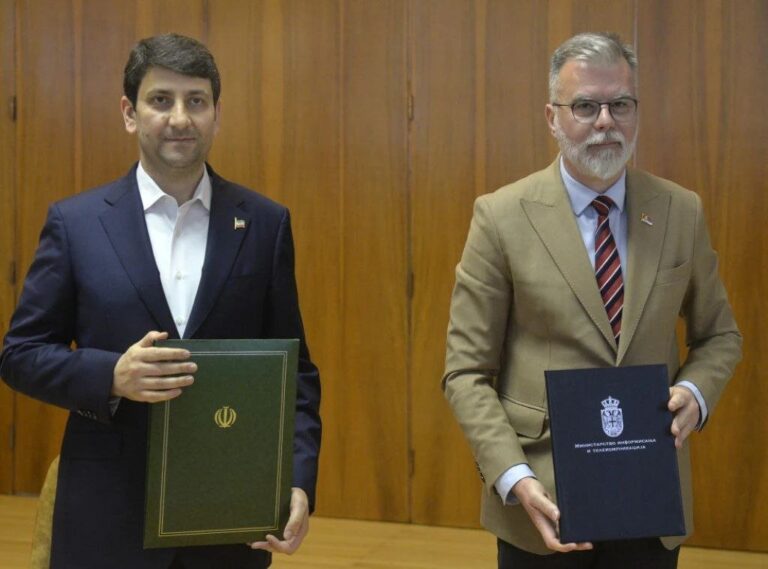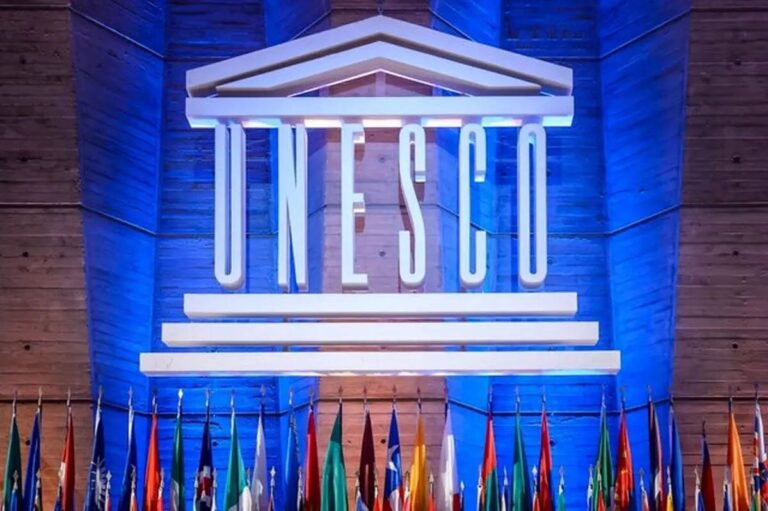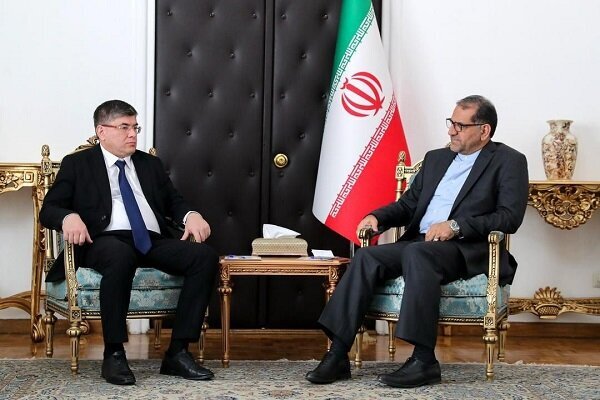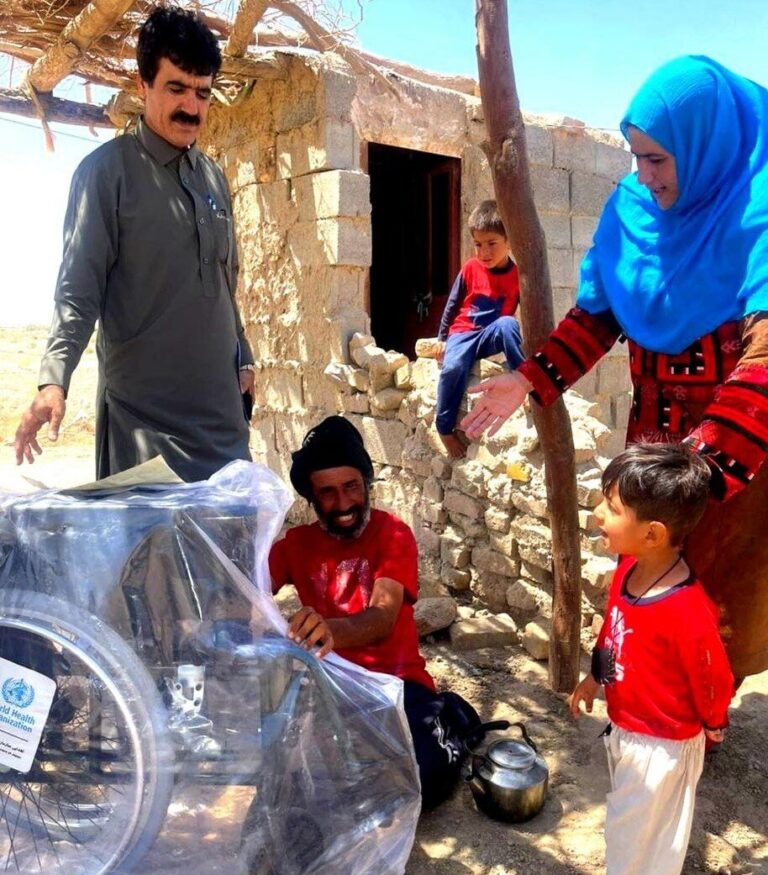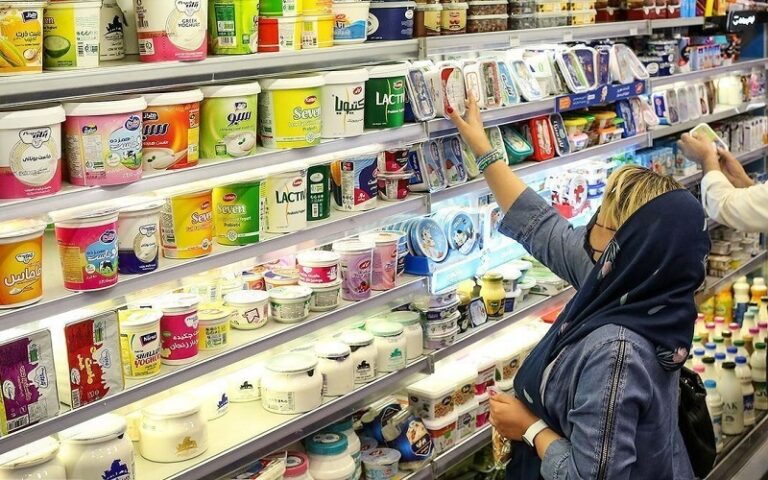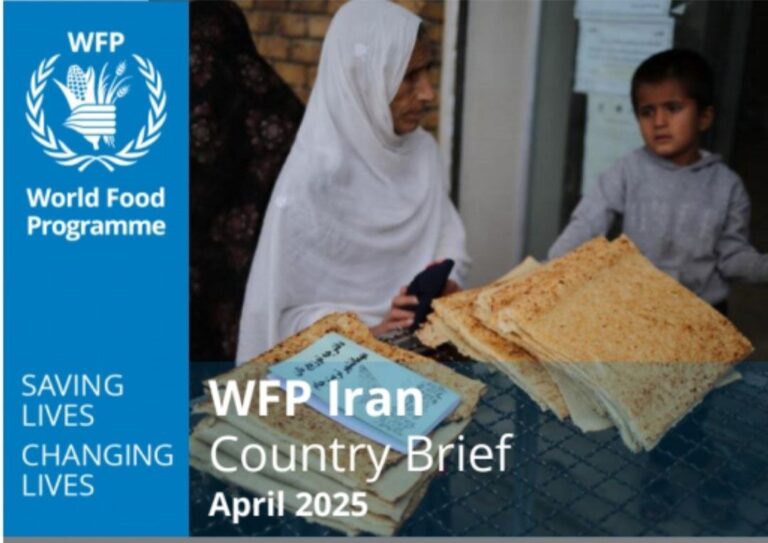Unlocking Green Potential: How BRICS Can Drive Environmental Cooperation for Billions
The modern world is facing a myriad of significant environmental and social challenges, with issues like global warming, biodiversity loss, and pollution becoming ever more pressing. Despite frequent discussions in diplomatic meetings and media coverage, these problems are often not effectively addressed on the ground. The consequences of these environmental crises include rising food prices, emerging diseases, and forced migration, impacting nations globally. To combat these challenges, collective and coordinated international efforts are essential.
These environmental crises are exacerbated by political bias, misconduct, and human conflicts. Key challenges include:
- Global warming
- Biodiversity loss
- Drought and soil erosion
- Water scarcity
- Pollution and health hazards
These issues do not discriminate between the Global South and North, as their impacts are felt universally. The urgency for collective action is paramount, requiring decisive measures such as:
- Mobilization of financial resources
- Transfer of technologies
- Capacity building
- Enhanced global cooperation for sustainable development
However, unilateral and unfair trade restrictions often hinder developing countries from fulfilling their environmental commitments, complicating the situation further.
The Islamic Republic of Iran recognizes the importance of environmental protection, as highlighted in its Constitution. Despite facing unjust economic and political sanctions, Iranian experts and environmental advocates have persevered in their commitment to sustainability. Under President Masoud Pezeshkian’s administration, international engagement and constructive partnerships are prioritized, especially in the environmental sector.
Iran is particularly vulnerable to climate change impacts due to its geographical location and relatively high greenhouse gas emissions. The country is grappling with:
- Persistent droughts
- Severe dust and sandstorms
- Major biodiversity loss
- Declines in surface runoff
- Overextraction of groundwater
These challenges have led to decreased agricultural productivity and increased vulnerability of critical infrastructure. Alarmingly, there has been an approximately 50% decline in surface runoff in most of Iran’s watersheds, illustrating the severe effects of climate change in the region. In addition, Iran faces significant air pollution and high energy consumption, with energy intensity at 2.5 times the global average.
A transition to a low-carbon green economy is essential in the global response to climate change. This transformation must include:
- Adoption of clean energy sources
- Improved energy efficiency
- Support for sustainable urban development
- Enhanced public transport systems
Implementing these strategies can significantly mitigate climate-related risks and open up new economic opportunities, ultimately improving the quality of life for communities worldwide.
The recent 11th Meeting of BRICS Environment Ministers offered Iran a valuable opportunity to collaborate with ten other countries representing half of the world’s population and about 40% of global GDP. Iran’s key proposal focused on strengthening South-South cooperation in environmental matters, emphasizing:
- Technical collaboration
- Financial support
- Advisory cooperation
This includes sharing knowledge and experiences, implementing joint projects, and fostering expert exchanges among BRICS nations. Effective cooperation necessitates robust financial mechanisms and incentives for investment. Key steps proposed include:
- Establishment of a BRICS Green Fund
- Increased financial contributions from member states
- Development of clean and renewable energy infrastructure
- Implementation of smart grids
- Creation of sustainable public transportation systems
We remain optimistic that environmental collaboration will serve as a vital bridge between nations, promoting solidarity under the banner of friendship. Through this spirit of unity, we can help one another protect and preserve our planet’s ecosystem.
